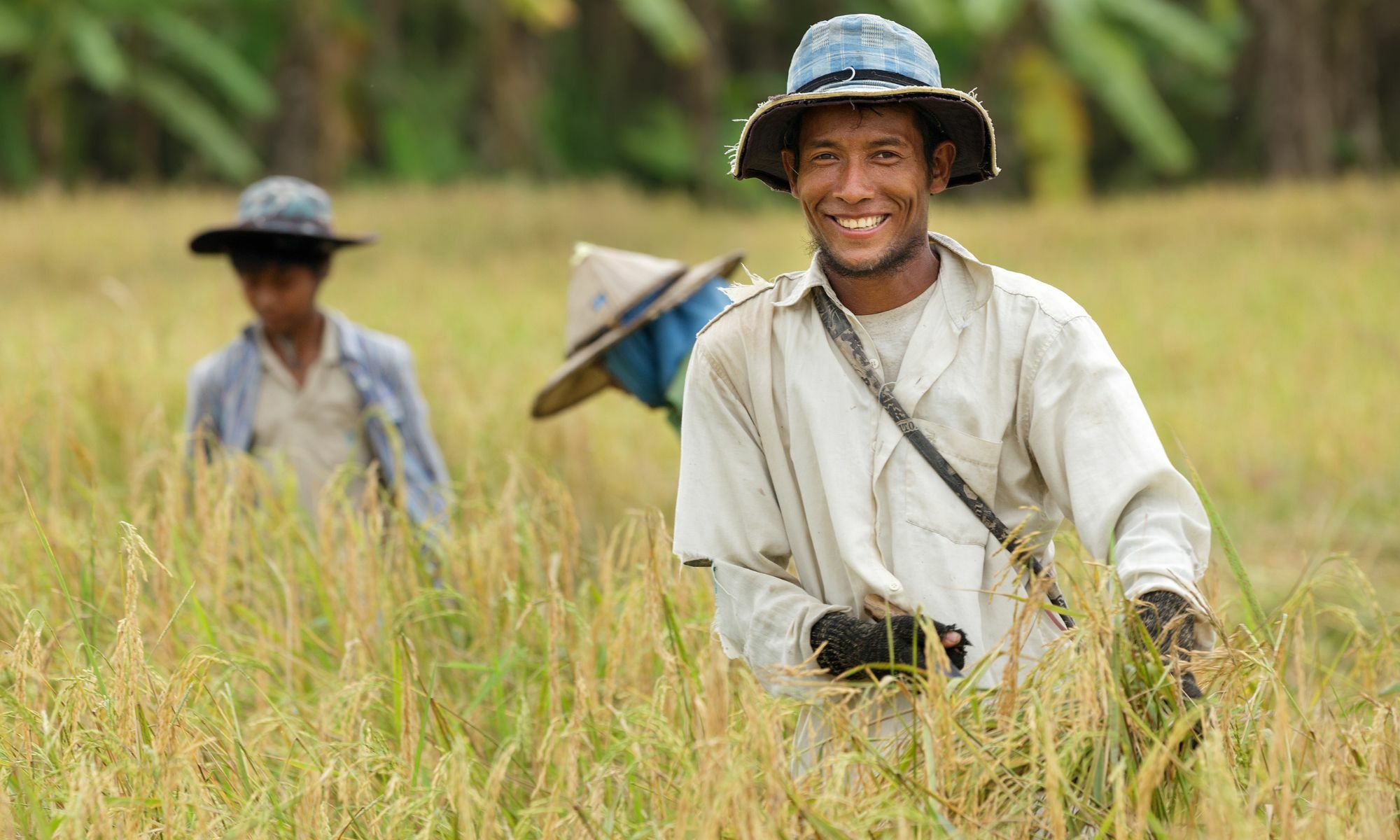Thai rice body urges government to focus on new rice strains

The Thai Rice Exporters Association is calling on the new government to avoid manipulating rice market prices and instead focus on the strategic production of new rice varieties. Chookiat Ophaswongse, the association’s honorary president, emphasised the importance of developing new rice strains to maintain competitiveness with other exporting nations.
“This is crucial for the future of Thai rice. Following roadshows and discussions in the Philippines, Malaysia, and Indonesia, we found they are very concerned about prices. Efforts to reduce costs for farmers, increase yield and develop soft-textured rice varieties that align with market demand are paramount. Other exporting nations have made significant progress in R&D, resulting in rice strains that are competitive with Thai rice.”
Chookiat also stressed the need for government intervention in developing irrigation systems such as canals and reservoirs, warning that without it, Thai rice exports could decline. He shared insights from a recent meeting with Malaysian wholesalers who expressed concerns over the loss of fragrance of Thai hom mali rice after the initial part of the season.
In comparison, Vietnam’s fragrant rice can be grown multiple times over three months, thus ensuring a consistent supply of aromatic rice. Chookiat advocated for the development of faster-growing Thai rice.
“The government should avoid market price interference as it could stunt the market. If assistance to farmers is necessary, it should focus on harvest cost subsidies and the development of new rice varieties with cultivation periods of less than 120 days, potentially even 100 days.”
Nipon Puapongsakorn, a distinguished fellow at Thailand Development Research Institute, echoed the sentiments of avoiding market intervention in terms of pricing. He suggested that if a support policy is needed, Thai rice prices should not be excessively high and the price support should come with certain conditions, reported Bangkok Post.
“A price guarantee scheme is okay, but it should come with conditions such as requiring participating farmers to take care of the environment through practices such as alternate wet and dry methods because of water scarcity, regenerative agriculture techniques, the adoption of new technology, and avoidance of burning.”
Nipon challenged the new government to review policies and triple Thai rice farmers’ income within three years, acknowledging this could be a difficult task considering the constraints farmers face in adapting to and accepting new technologies.
“The challenge remains how to effectively accelerate this adoption in less than 10 years, especially for small-scale farmers. Tripling income by increasing yield to 1,000 kg per rai is difficult. In the central region, where the yield is 800 kilograms per rai, increasing it to 1,600 kilograms per rai is difficult because farmers lack new technologies.”
Follow our latest stories on our new Facebook page: CLICK HERE.
Latest Thailand News
Follow The Thaiger on Google News:


























